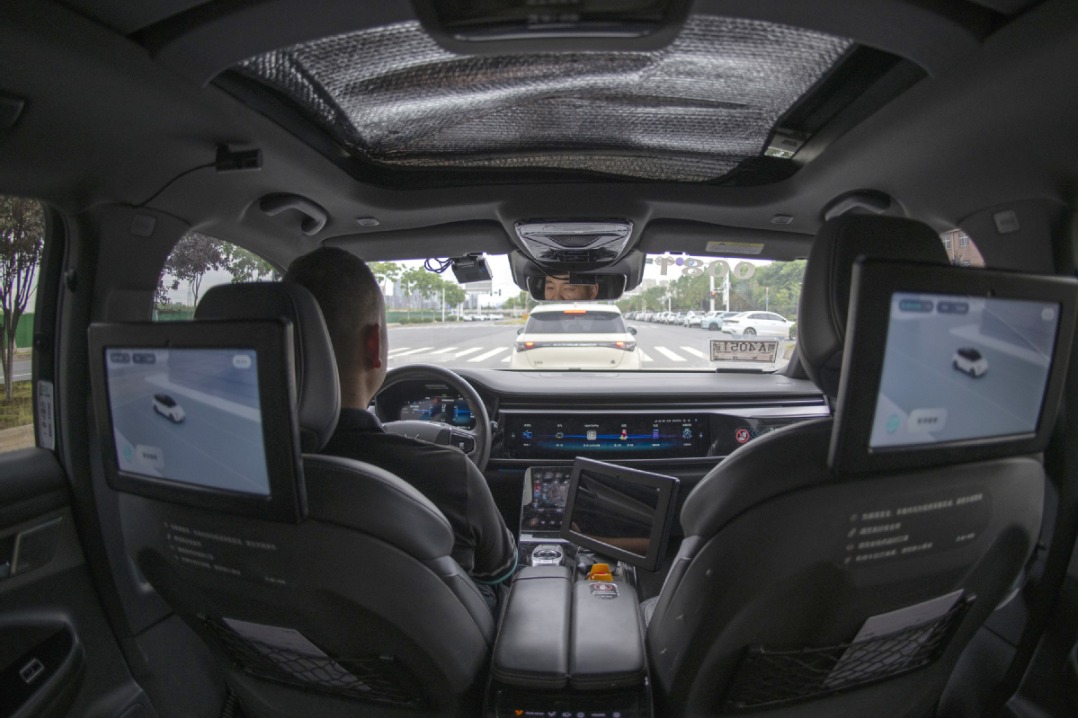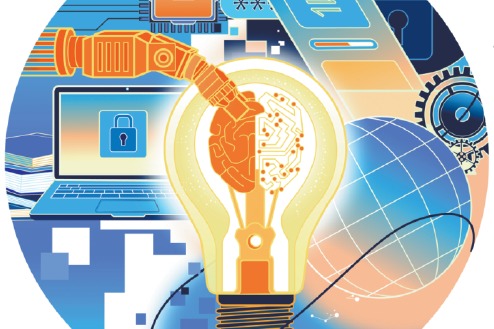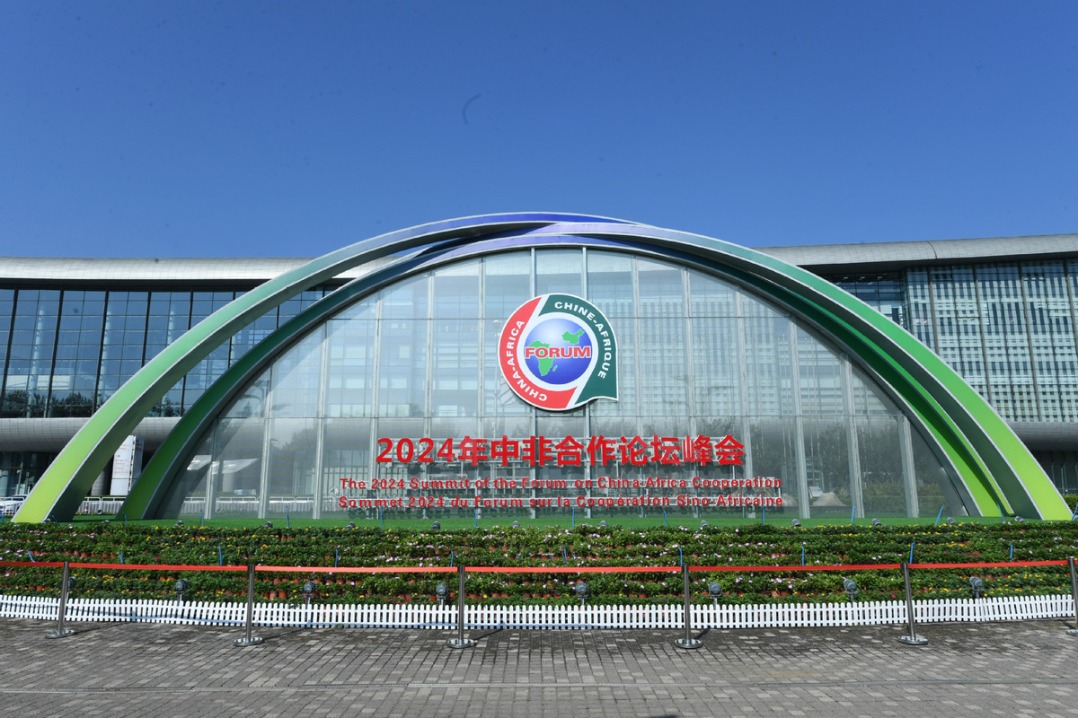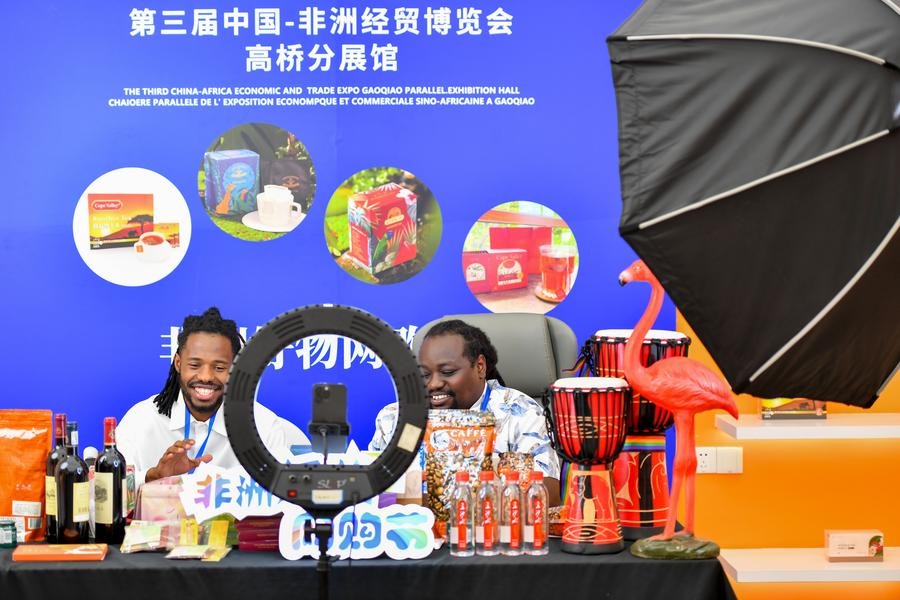Collaboration for a new era


As traditional education no longer meets job market demands, South-South cooperation between China and Brazil will help reform their educational systems for the digital age
South-South cooperation has become an important pillar for mutual development among southern hemisphere countries, encompassing critical areas such as infrastructure, economy and sustainability. However, in a world increasingly shaped by exponential technological advances, a new significant challenge arises: the potential exacerbation of social inequalities due to the unemployment's impact on global economies. Urgently, we must adapt the educational system to this new reality. The ability of countries to adjust their educational system to meet the emerging global context will set them apart, determining their future economic, social and sustainability development stages.
As the technological revolution redefines the job market, the current education's inadequacy becomes a growing concern, as it has the potential to worsen social inequalities by increasing unemployment and reducing nations' per capita income. This scenario gives China and Brazil a chance not just to strengthen their traditional sector ties but also to explore the collaborative potential in reformulating education and economic modernization, aligning it with the 21st-century demands and reducing the risks of growing social disparities.
In a rapidly changing world where artificial intelligence and digital technologies redefine knowledge and work boundaries, educational systems must adapt to new realities.
Traditional education is no longer fully meeting contemporary job market demands, and requires urgent revision. Thus, South-South cooperation between China and Brazil becomes a crucial opportunity for both countries to collaborate in reforming their educational systems. Together, they can develop strategies that, while respecting their intrinsic characteristics, adequately prepare their future generations for the challenges and opportunities of the digital age, ensuring the development of essential skills to thrive in an increasingly interconnected and technologically advanced global environment.
Adapting education to the new digital era poses an imminent challenge for countries such as China and Brazil, seeking not just economic growth but also innovation and social equity.
First, effectively incorporating digital technologies into the educational system will be crucial. This includes not just the availability of technological resources but also their curricular integration, ensuring technology is used pedagogically and innovatively. It will be essential to establish innovation labs focused on artificial intelligence, big data and the internet of things, where students can engage in real projects, such as developing adaptive learning apps or intelligent energy management systems. Moreover, launching exchange programs where Brazilian and Chinese students participate in hackathons or robotics competitions in both countries will foster collaboration and knowledge exchange.
Curricular reform should include digital competencies and 21st-century skills such as critical thinking, problem-solving and creativity. The challenge lies in balancing new demands without overlooking fundamental disciplines and humanistic skills. Incorporating subjects such as computer programming from elementary education, and using collaborative platforms where students from both countries can work together on projects, are crucial. Introducing courses on digital entrepreneurship and open innovation will prepare students to create and manage tech startups, with shared mentorship from Brazilian and Chinese experts.
Second, educators' professional development must align with new technologies and teaching methods. The challenge lies in offering continuous training that enables them to integrate technology into their pedagogical practices, fostering more interactive and engaging learning. Creating courses on virtual teaching tools and augmented reality will allow teachers to incorporate these technologies into their teaching. Additionally, organizing online seminars on active methodologies like project-based learning and flipped classrooms will provide practical implementation examples across different educational contexts.
Implementing new evaluation and certification criteria is necessary as teaching and learning methodologies evolve. The challenge lies in developing assessment forms that recognize and value the competencies and skills acquired in the new educational context. In the new era, the ability to perform tasks that add value to products and services will be vital. Adopting e-portfolio platforms where students can showcase their skills in transdisciplinary projects, thereby facilitating competence-based assessment, is suggested. Developing a digital badge system recognized in both countries, which certifies skills in areas like cybersecurity, software development and data analysis, is also recommended.
Third, ensuring access and inclusion for all students, regardless of their location or socioeconomic status, is imperative. Everyone should have access to quality education and new technologies, especially those from resource-limited families. This challenge involves not just infrastructure but also inclusive pedagogical strategies. Developing accessible digital libraries in rural and marginalized urban areas, and providing educational content in multiple languages, including Portuguese and Mandarin, are essential. Creating scholarship programs to enable students from underprivileged communities to access high-level technological education, by offering financial and technological support, is also crucial.
However, overcoming resistance from parts of the educational system that are accustomed to the traditional model will be challenging. This includes not just teachers and administrators but also parents and students who may have different perceptions of quality education. The increase in unemployment in sectors that likely become extinct or will be significantly reduced will aid the persuasion process. Strengthening action through community forums on technological education, with interactive demonstrations of how technology can enhance learning and prepare young people for the future, is vital. Conducting workshops for parents and educators to showcase emerging technology sector careers and how education is evolving to meet these new opportunities is essential.
Forth, integrating notions of digital security and ethics will be crucial. Students and teachers must be aware of the risks and responsibilities associated with the use of digital technology. Implementing curricular modules on cybernetics to encourage students to consider technology's social and ethical impacts, with international case studies, is a step forward. Organizing cybersecurity competitions between schools and universities in both countries will encourage students to develop real digital security challenge solutions, stimulating intellectual engagement.
Raising awareness about sustainability and continuous updating knowledge about it must be present in public policies at all levels in both countries. This process can be bolstered by creating a bilateral think tank to monitor technological education trends and propose regular updates to educational programs. Establishing partnerships with technology companies to fund education research scholarships, encouraging new solutions and development of pedagogical approaches that are sustainable and innovative, is critical. Technology evolves rapidly, and the educational system must adapt sustainably and agilely to these changes, ensuring that investments in educational technology are enduring and effective.
Last year, China proposed the Global Initiative on Data Security, advocating mutual respect, equality and mutual benefit, opposing ideological division or the building of exclusive groups, promoting information exchange and technological cooperation, and proposing to strengthen international cooperation and assistance for developing countries to bridge the digital divide and governance gap. This initiative is not only conducive to building a stronger and more resilient global AI ecosystem but also ensures the fair distribution of the value and benefits created by artificial intelligence.
Overcoming these challenges requires Brazil and China to adopt a collaborative approach, sharing experiences, resources and knowledge. This collaboration can serve as a significant benchmark for developing countries. Engaging stakeholders from various sectors, including government, the tech industry, educators and the community, will be vital in shaping an inclusive, effective and future-ready educational strategy.
The author is director of the China-Brazil Center for Research and Business. The author contributed this article to China Watch, a think tank powered by China Daily.
The views do not necessarily reflect those of China Daily.
Contact the editor at editor@chinawatch.cn.


































